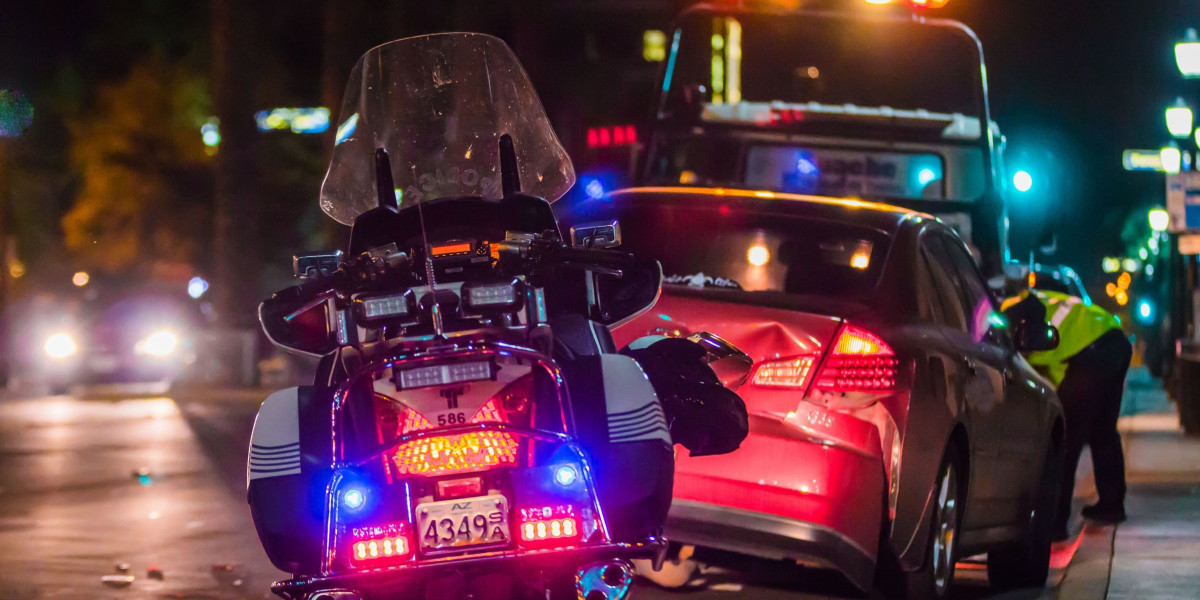It is not uncommon for people to grow comfortable with almost any situation given enough time. However, people can become a little bit too comfortable. People sometimes tend to become desensitized to dangers that are part of their everyday lives. Often times, people need to take a step back and evaluate the daily dangers that present on a daily basis.
At least 1,250,000 people die due to car crashes each year and as many as 50,000,000 get injured in ways that are not fatal, but serious nonetheless. Lives are damaged and yet unsafe driving behaviors are still somewhat normal. In contrast, responsible drivers make everyone safer for all of us, and their lower insurance policy premiums reflect these safe practices. Below, we will explore some of the more common dangers, and what you can do to reduce these dangers.
Here are some of the basics. Distracted driving is no less dangerous than drunk driving. If you are behind the wheel and checking a text message on you smartphone, looking for your wallet, or screaming at your young children in the back seat, you may not see the pedestrian in the crosswalk or the brake lights of the driver in front of you. It is more than your life at stake. Never take your eyes off of the road. Be acutely aware of common distractions and plan ahead:
- Shut off your phone when driving. If you can’t hear it, you won’t be tempted to answer it.
- If your children require your attention, pull over. You can’t discipline your kids and keep your eyes on the road at the same time.
- Preset your radio stations, make playlists that will last the duration of your trip, or enable voice commands that can change the music. If your hands need to leave the wheel, it can probably wait.
- If there are multiple drivers that use your vehicle, check to ensure that the mirrors are still in their proper positions. You don’t want to spend time adjusting them while driving.
- Don’t eat while driving. You may get a little hungry, nut it’s better than a car crash. You might be surprised at how often spilled food and drinks are the common factor in a car wreck.
- Never drive when you’re tired. It’s not as easy to keep yourself from falling asleep as you might think. Don’t push the limits. Take a short nap and wait until you’re well rested before starting your trip.
Reckless Driving
Whether driven by anger or otherwise, reckless driving is horrible behavior for anyone, and especially adults. To avoid it, you can go through this list and apply them to your daily driving habits:
- Even if it’s the middle of the night, come to a complete stop at all red lights and stop signs, and carefully look both ways, checking your surroundings.
- Only start changing lanes after you’ve completed checking your mirrors and blind spots for other pedestrians, trucks or cars. Thereafter, change lanes as safely and slowly as possible.
- Make sure not to tailgate. Trying to get a slow driver to speed up is inexcusable. You’re essentially gambling when you close in on the other driver’s bumper. Human emotions are unpredictable, and this can be a factor that leads to road rage. As emotions soar, human perception decreases. The car that you’re following too closely might slam on their brakes to send a message, or they might not see something in the road ahead of them. Stay calm and keep your distance.


